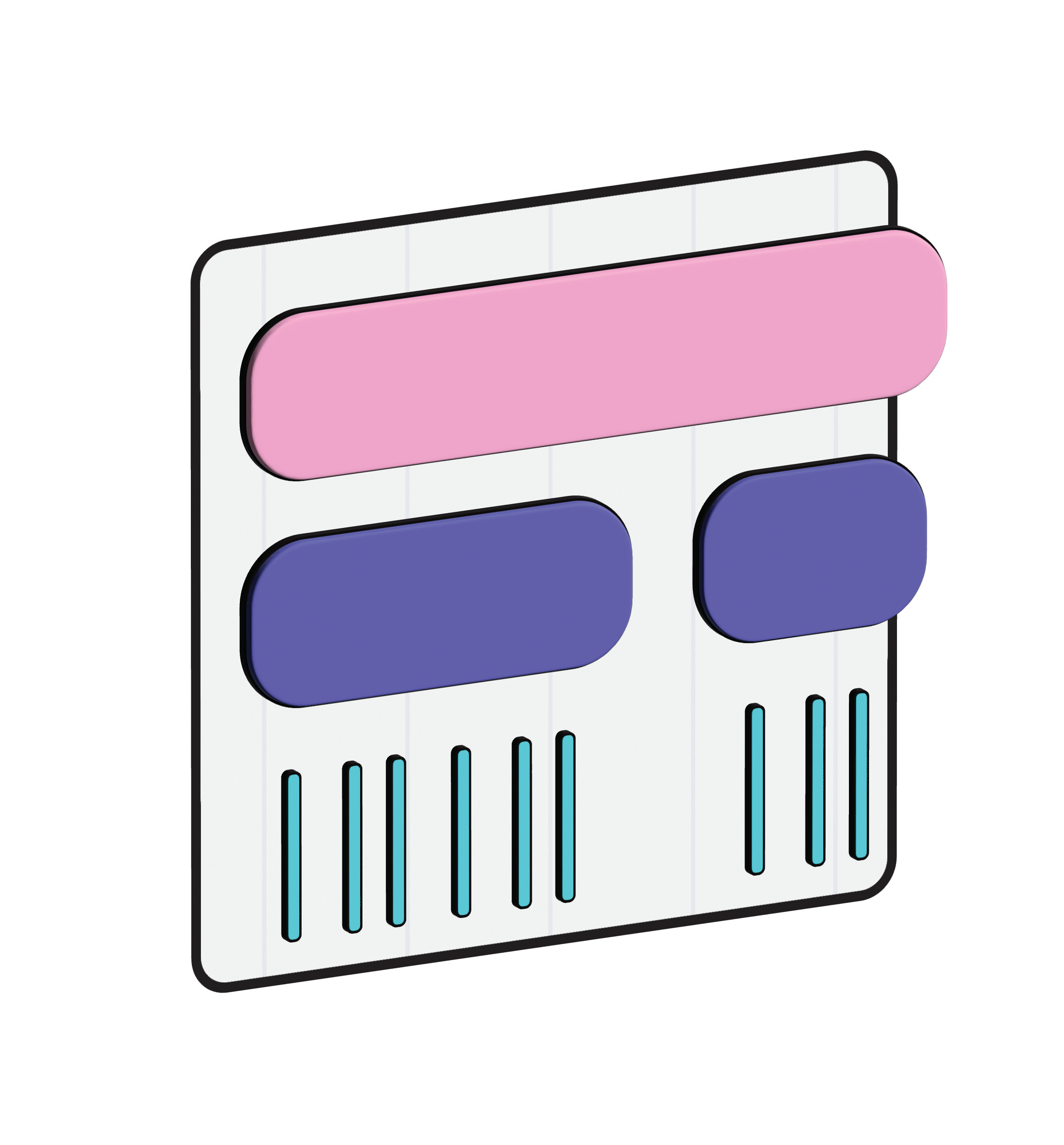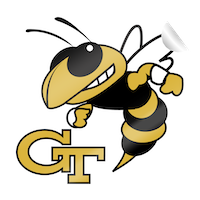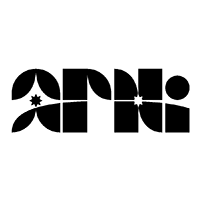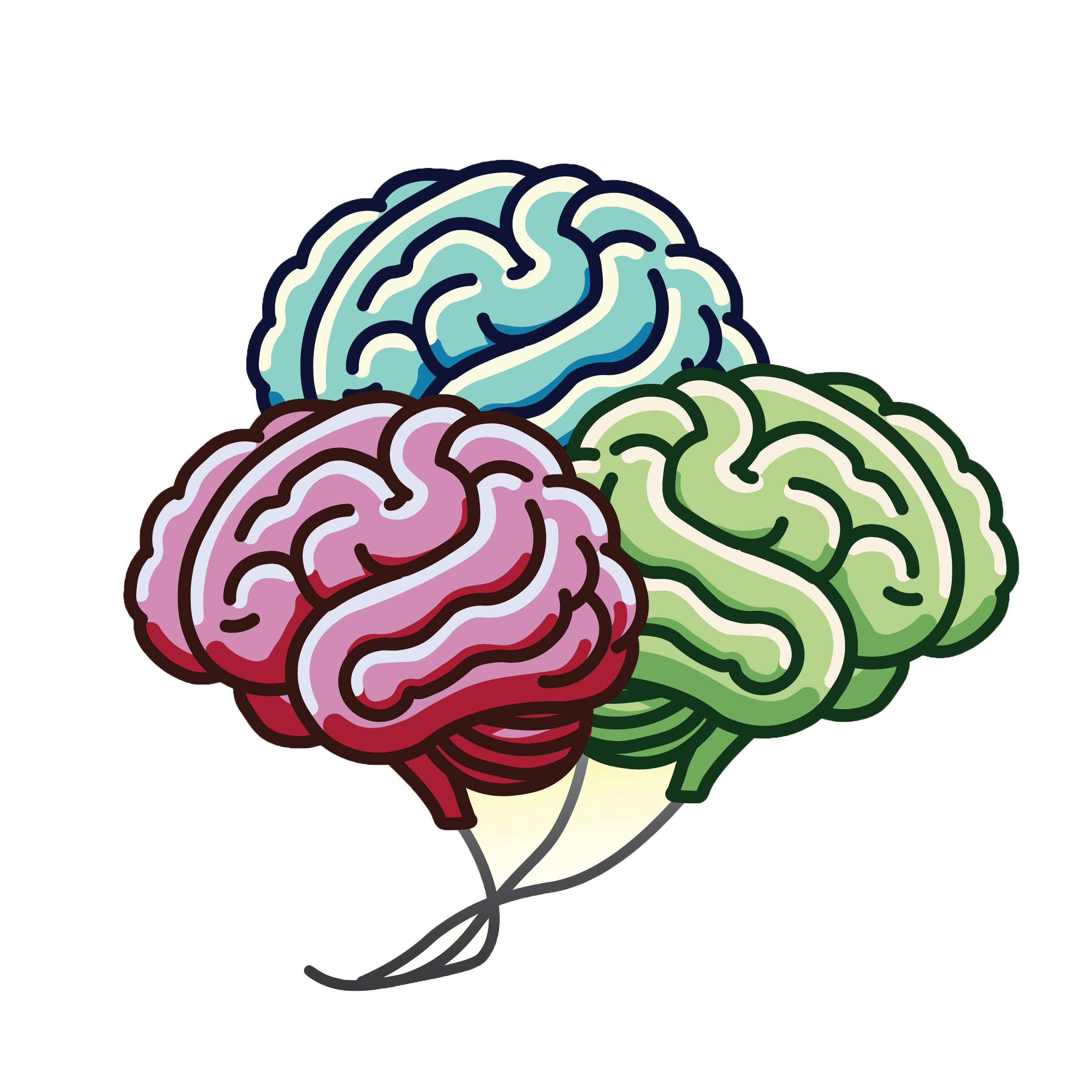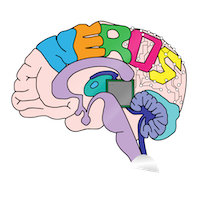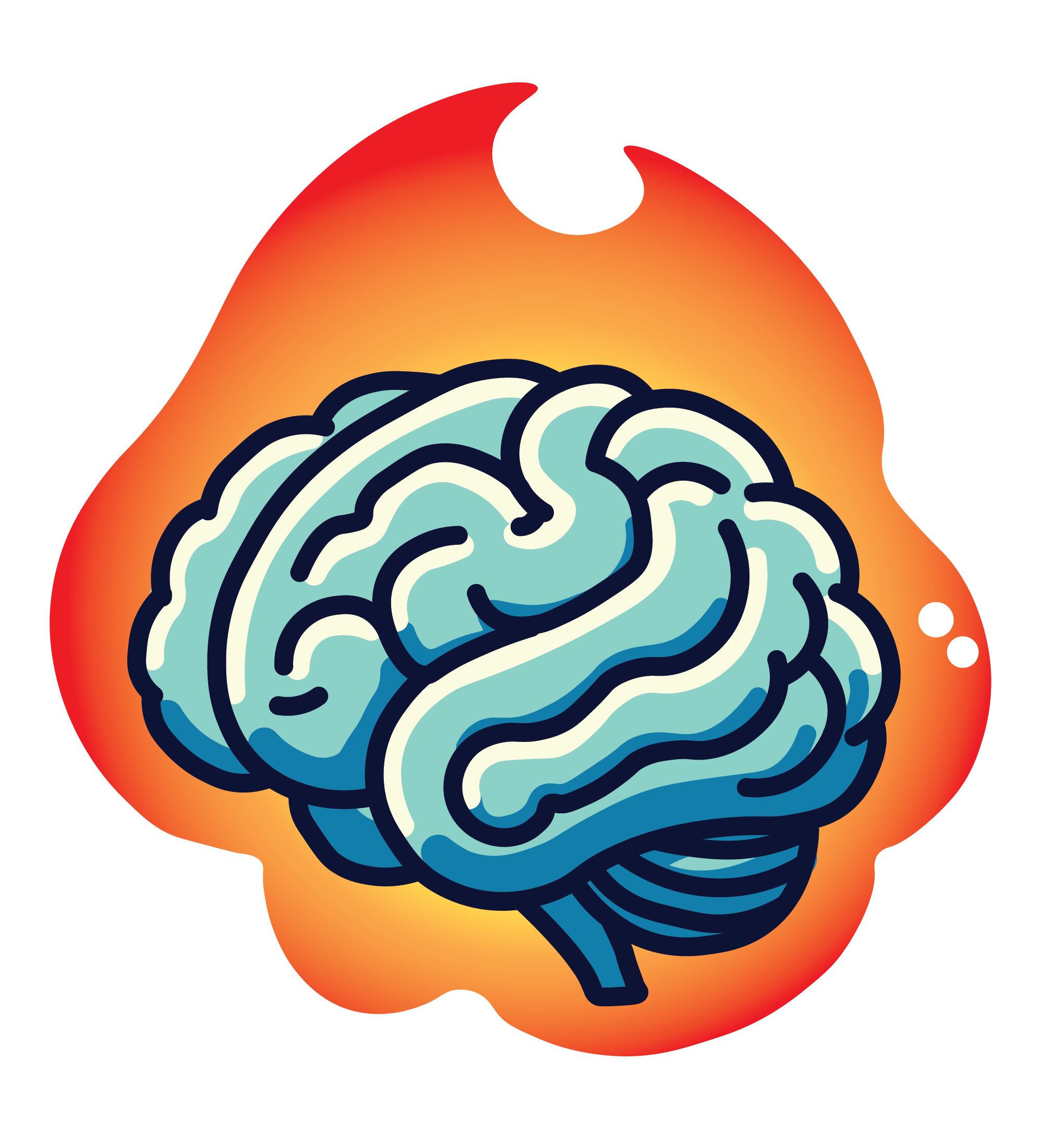
Multi-session, multi-task neural decoding from distinct cell-types and brain regions
ICLR Spotlight, Apr 2025.
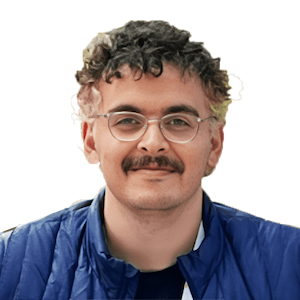
Mehdi Azabou (MEH-dee AZ-uh-boo)
Postdoc @ ARNI, Columbia University
I am building foundation models for the brain, large-scale models designed to understand brain data across modalities, species, tasks, and environments, with the goal of advancing AI, brain-machine interfaces and neuroscience.
| Dec 2025 | I'm excited to share that I've started a new company: Constellation. I'll be at NeurIPS next week and we are hiring! | |
| Nov 2025 | We are hosting a torch_brain Buildathon in UPenn on November 12th-15th, 2025. | |
| Oct 2025 | I gave a talk at the foresight institute's Neurotechnology Workshop – BCI, WBE & AGI in San Fransisco, on the topic of "Foundation Models for the Brain". | |
| Sep 2025 | Two main conference papers and two workshop papers accepted at NeurIPS 2025! | |
| Jul 2025 | We announced the 🧠 Foundation Models for the Brain and Body workshop at NeurIPS 2025! | |
| Apr 2025 | Our work on multi-task neural decoding model, 🧠 POYO+, was featured at ICLR 2025 as a Spotlight. | |
| Mar 2025 | I co-organized the 🧠 Building a foundation model for the brain Workshop at COSYNE 2025 in Mont Tremblant, Canada. | |
| Mar 2025 | I co-developped the content for the 🧑💻 COSYNE 2025 main tutorial. We covered the fundamentals of transformers and their applications in neuroscience, and showcased our new packages: ⏱️ temporaldata and 🔥 torch_brain. | |
| Oct 2024 | I have started as an NSF AI Institute for Artificial and Natural Intelligence (ARNI) Postdoc at Columbia University in 🍎 New York City. | |
| Aug 2024 | I have successfully defended my 🎓 PhD thesis titled "Building a foundation model for neuroscience". | |
| Feb 2024 | I will at COSYNE 2024 in Lisbon, Portugal to present our latest poster titled "Large-scale pretraining on neural data allows for transfer across subjects, tasks and species". | |
| Oct 2023 | Our work on large-scale brain decoders is out 🧠🕹️🐒 [Project page]. We will present it at NeurIPS this Dec! | |
| Sep 2023 | Two papers accepted at NeurIPS 2023 🎉. More details coming soon. | |
| Jul 2023 | Half-Hop is the 🏝️ ICML'23 featured research in ML@GT. Read the article here: New Research from Georgia Tech and DeepMind Shows How to Slow Down Graph-Based Networks to Boost Their Performance. | |
| May 2023 | I am interning at IBM Research this summer. I will be at the IBM Thomas J. Watson Research Center in New York. | |
| Apr 2023 | Half-Hop is accepted at ICML 2023 🎉. More details coming soon. | |
| Apr 2023 | Our paper on identifying cell type from in vivo neuronal activity was published in Cell Reports [Link]. | |
| Mar 2023 | Check out our latest behavior representation learning model BAMS which ranks first 🥇 on the MABe 2022 benchmark [Project page]. |
I am an ARNI Postdoctoral Fellow at Columbia University, working with Dr. Liam Paninski and Dr. Blake Richards. My goal is to rethink how we interface with the brain, developing models that can integrate with the next generation of artificial intelligence. My current focus is on building neuro-foundation models: large-scale models designed to interpret and generalize across brain data from diverse modalities, species, tasks, and environments. The goal is to enable more capable brain-machine interfaces, drive scientific discovery, and create tools that help us better understand the brain, brain disorders, and neurodiversity.
I completed my Ph.D. at Georgia Tech, advised by Dr. Eva L. Dyer. My background spans representation learning, generative AI, data-centric AI, and computational neuroscience. I work on self-supervised learning for time-series and graph-structured data, and on building multimodal frameworks that bridge biological and artificial systems.
If you're interested in collaborating on foundational models for neuroscience or reimagining brain interfaces in the context of modern AI, feel free to reach out!




